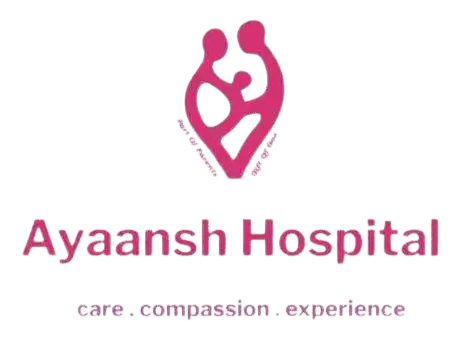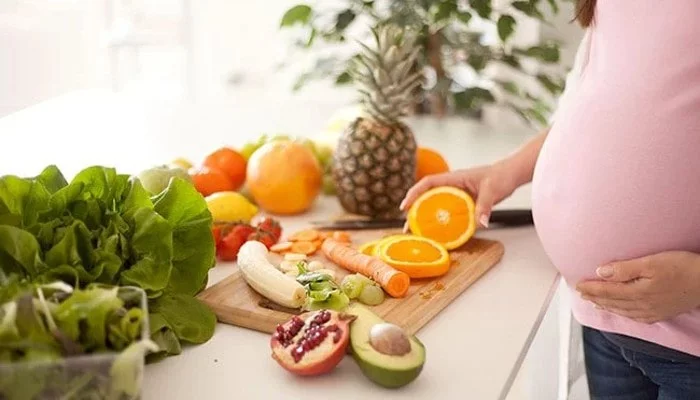What to Have in Your Pregnancy Diet Plan
If you’re looking for ideas on what to eat to have a healthy pregnancy, you’ve come to the right place. We’ve created a pregnancy diet plan that has all necessary nutrients you need through all trimesters of your pregnancy.
This pregnancy diet plan also called diet charts, include vegetarian or non-vegetarian dishes from North or South India. They are made using foods that have the nutrients you need at your stage of pregnancy.
You can pick and choose from the delicious dishes suggested adapting the meal plan to your tastes further.
Ayaansh Hospital, is one of the Best Fertility and IVF centers in Bangalore. Our diet charts are a general guide to help you plan your weekly meals better. The aim is to help you identify foods you like and which are good sources of the nutrients you need at your stage of pregnancy.
Keep in mind that:
- The plans include fruit and vegetables available in all seasons so that you will find the nutrients you need no matter what. If a fruit or vegetable is unavailable for you, replace it with any other that is in season and offers the same nutrients.
- A portion of food can be a source of multiple nutrients. So the same food source is recommended in one trimester for a certain nutrient and another for a different one. For example, dal are a good source of folic acid, omega-3 fatty acids, and iron.
- If you have any medical condition or allergies or follow a special diet plan, please check with your doctor before changing your diet. If you have gestational diabetes, please refer to the diabetes meal plan.
- Stay hydrated with eight to 12 glasses of water daily when you are on meal plans.
- You need to limit your caffeine intake. We’ve highlighted sources of caffeine in the plans to help you track how much caffeine you have.
First-trimester pregnancy diet plan
Although you need a variety of nutrients all through your pregnancy to keep yourself and your baby healthy, we have selected a few which are particularly important for your baby’s development in your first trimester.
The essential nutrients you need during the first trimester are folic acid, iron, and vitamin B6.
Folic acid protects your baby from neural tube disorders like spina bifida and other birth disorders like cleft palate.
Iron is essential to blood cells that carry oxygen around your body. A lack of iron can leave you tired and breathless. So, this nutrient is important in your pregnancy diet plan.
Morning sickness might make you feel queasy and unable to eat much. Vitamin B6 might help to ease nausea.

Second-trimester pregnancy diet plans
In the second trimester, Calcium and vitamin D are for growing healthy bones, and omega 3 is essential for your baby’s brain development.
Another nutrient we have marked in our meal planners for the second trimester is beta-carotene, a form of vitamin A that helps give us healthy blood and skin.
We have also continued to highlight iron-rich foods since anemia (low Hb) is so common in India, especially among vegetarians.
Third-trimester pregnancy diet plan
In the third trimester, the baby’s growth will speed up as it gains weight and prepares for life outside the womb. Try not to worry too much about the extra kilos, as long as you eat a well-balanced and healthy diet and avoid eating junk foods during your pregnancy.
Vitamin K is essential for blood clots, which is important after childbirth. So it is recommended that in your third trimester, you eat plenty of food rich in vitamin K, so your body is not low on this vital nutrient at birth.
As in the first and second trimesters, iron is an important nutrient in your third trimester to prevent anemia. If you are anemic and the condition goes untreated, you are at higher risk of premature labor.
Final Thoughts
A healthy diet is the best way to get all the nutrients you and your baby need. Often, it’s also easier for your body to absorb vital nutrients through food rather than supplements.
However, even the healthiest of diets need supplements during pregnancy. So do not discontinue the supplements.
All pregnant women must take a folic acid supplement in the first trimester. In the second and third trimesters, your doctor will ask you to take iron and calcium supplements. How often you need Calcium and iron pills depends on your health history and your diet preferences, such as if you are a vegetarian or non-vegetarian.
Your doctor might also ask you to take a vitamin D supplement. Although your body naturally gets vitamin D from sunlight, many women in India are deficient in this vital nutrient that helps your body absorb Calcium.
To learn more about the pregnancy diet plan contact Ayaansh Hospital, one of the Best IVF centers in Bangalore, providing world-class fertility treatments.


